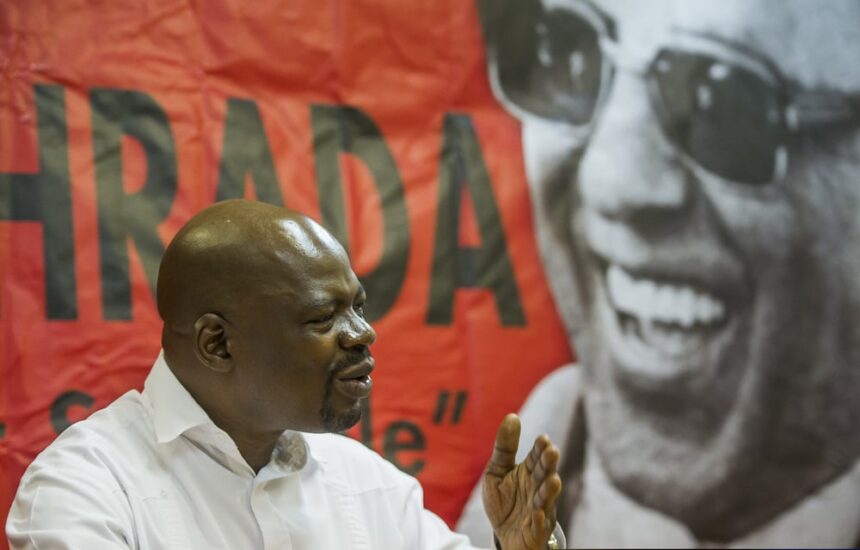The South African Communist Party (SACP) has raised allegations against the African National Congress (ANC) for engaging in secret talks with the Democratic Alliance (DA) to form a coalition government prior to the general elections on May 29. SACP general secretary Solly Mapaila revealed that these clandestine discussions took place as early as March, sparking concerns about transparency and accountability within the alliance.
Mapaila highlighted remarks made by DA federal chair Helen Zille, who suggested that the local business community favored supporting Cyril Ramaphosa to prevent challenges from the Economic Freedom Fighters (EFF) and Jacob Zuma’s uMkhonto weSizwe party. The SACP criticized Ramaphosa and other pro-business individuals in the ANC for rushing into a government of national unity (GNU) with the DA to appease big business interests.
Despite the ANC’s loss of significant support in the recent elections, Mapaila expressed disappointment in the decision to form a coalition with the DA, labeling it as a betrayal of the democratic revolution. He accused the ANC of disguising the partnership with the DA under the guise of a GNU, emphasizing the need to uphold the principles of the national democratic revolution.
Mapaila reiterated that the SACP was not consulted on the matter and criticized ANC leaders for misleading the public about the consultation process. He asserted that the alliance was being compromised by the ANC’s actions and vowed to protect the integrity of the revolution.
In response to Mapaila’s public statements, the ANC accused him of breaching internal protocols and urged him to address concerns through appropriate channels within the alliance. However, Mapaila remained steadfast in his criticism of the coalition government, calling for the protection of Gauteng Premier Panyaza Lesufi from external interference.
Popcru’s president Thulani Ngwenya likened the national unity government to a forced marriage characterized by discord and incongruence between the parties involved. He emphasized the challenges of cooperation between entities with divergent ideologies and objectives.
The ongoing debate surrounding the ANC’s coalition with the DA underscores the complex dynamics of South Africa’s political landscape and the need for transparency and consensus-building within the alliance. Amidst conflicting views and interests, the future of the partnership remains uncertain, raising questions about the alignment of values and priorities in the pursuit of a unified governance framework.







